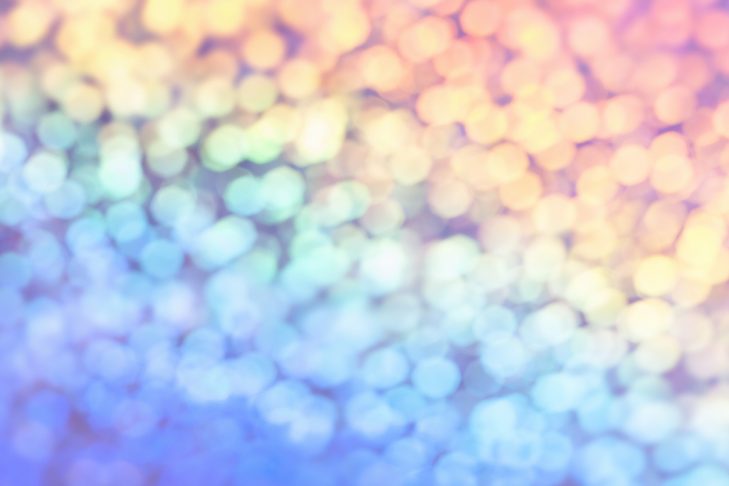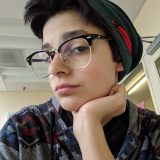Though Pride Month has long since passed, there is never a bad time to celebrate the various and beautiful ways people love each other. Celebrate Bisexuality Day takes place on Sept. 23 and provides an environment for everyone to learn about and respect bisexuality in its many forms. Several prominent Jewish activists, professors, writers, actors and artists have been bisexual, and their contributions to the wide tapestry of Jewish art and history should not be overlooked.
For example, take Brenda Howard. Howard was a polyamorous, bisexual activist who took part in the Stonewall riots and was called “The Mother of Pride” for her grassroots involvement in the first Pride marches. She cofounded the New York Area Bisexual Network, which provided a communications hub for bisexual groups in New York. She was arrested several times while fighting for the rights of LGBTQ people and was an integral part of the creation of Pride as we now know it. Howard was also Jewish. The intersection of her identities allowed her a nuanced approach to Pride, one that created a welcoming space for all kinds of LGBTQ people.
Many famed Jewish artists have also identified as bisexual. Leonard Bernstein, composer behind “West Side Story” and “Peter Pan,” among many others, maintained relationships with both men and women throughout his life. Actor Ezra Miller, known for their performances in “The Perks of Being a Wallflower” and “We Need to Talk About Kevin,” told The Daily Beast in 2012, “I’ve been attracted mostly to ‘shes’ but I’ve been with many people and I’m open to love wherever it can be.”
Bisexual writer Shiri Eisner, who wrote “Bi: Notes for a Bisexual Revolution” in 2013, examines bisexuality’s place in the LGBTQ environment and dispels common misconceptions about bisexual people: that they are promiscuous, prone to cheating or cannot “choose a side.”
Related
While researching, I reached out to two bi Jewish friends—Mara and Ren—for their thoughts on bisexuality and its importance in the LGBTQ sphere. When I asked them about their favorite thing about being bisexual, both answered that they love feeling free to love anyone. Mara stated, “It feels very freeing to be someone who can love and be loved by anyone, without rules about gender, or sex, or expressions of masculinity and femininity.”
In response to the question, “What do you wish more straight and gay people knew about bisexual people?” Mara replied: “I wish people knew it’s OK to be bisexual and confused. Because people are so quick to label bisexual people as going through a phase, or just confused about their attraction, I think a lot of bisexual people feel the need to be very steadfast and unwavering in their identity, but that eliminates room for change.”
Ren told me that she wished people didn’t reduce bisexual people to a “third” in a straight relationship and expressed a desire for more awareness within the LGBTQ community.
With regard to how her Judaism affects her bisexuality and vice versa, Mara said: “One of my favorite things about Judaism is the diversity of ideas and promotion of healthy debate. Sexuality is the same way for me. There are so many complexities to wade through, and questions to be asked, and answers that are all different and all correct.”
Ren seconded this claim, stating, “Honestly, the relationship between my sexuality and Judaism is complicated, but it’s just that complication that drives me to learn more about both bisexuality and Judaism!”
Bisexual Jews have impacted both the Jewish and LGBTQ canons in innumerable ways, and it’s our obligation to recognize their achievements and celebrate them not only for their Judaism but for their sexuality as well. So, this Sept. 23, hug your bi friends (with their permission, of course) and read up on your favorite bi Jews. You may find a richer and more varied look at their lives than you thought.





